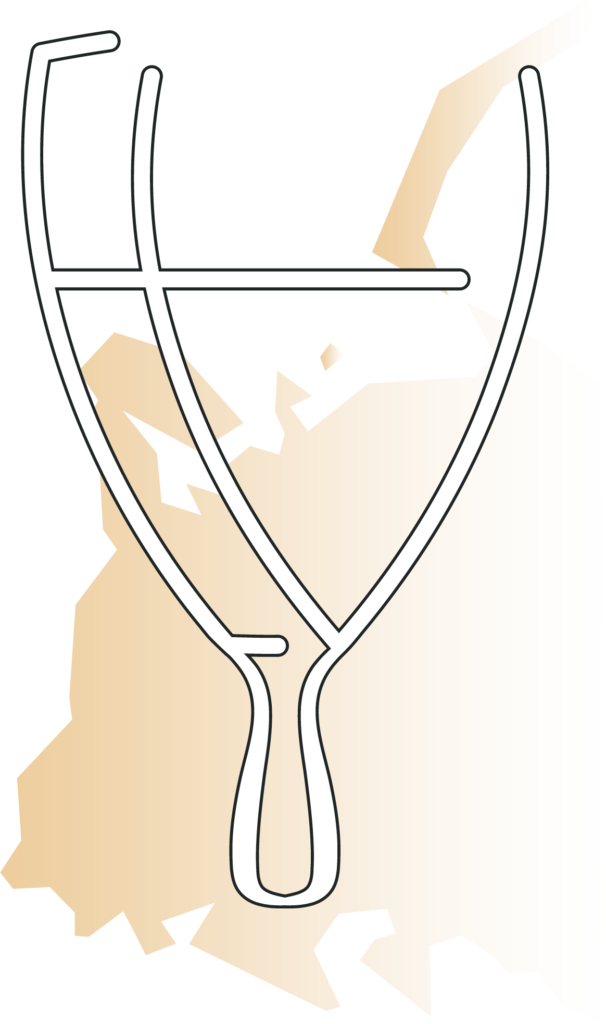Comment
The news of the week: Russia has the world’s fifth largest gold reserves, surpassing China. While gold piling might be a risk-avoiding strategy against sanction and other international pressures, the news triggers Eurasian Ventures to a deeper look into the state of Russia’s economy. What happened to Russia sovereign wealth fund, which has been fed by oil export money in the 2000s and 2010s and grown to one of the largest in the world? Three things that are surprising.
- To the surprise of many, the Russian sovereign wealth fund is still one of the largest in the world, despite slowing economic growth, foreign sanctions, and most importantly low oil prices in the mid-2010s. It has been a common sense among experts that an oil price below 40 U.S. Dollar per barrel would deprive Russia of its monetary reserves within months and eventually lead the economy into collapse. Why did this not happen? The oil price has never really been below $40 per barrel. Even in times, oil was sold below $30 per barrel, Russian oil companies could compensate this with higher oil production.
- The Russian government used to spend its acquired money from its Sovereign Wealth Fund into the public sector. Increased social spending keeps voters happy. It did not happen this time. Instead, the government increased the pension age, which caused a huge public outcry for Russian proportions, leading to the recall of several regime-loyal governors in local elections. Different to functional democracies, events of this kind pose essential risks to the regime and thus the stability of the state. For those reasons, it was easy to believe, the countries finances are in bad shape and economic sanctions finally work. But this has not been the case. Instead of increasing pensions, the government plans to spend more money – about $100 billion – on infrastructure projects over the next five years.
- Perhaps economic sanctions still work. There is a wind of change in Russia, which someone can feel, but it is not clear from what direction. The government reduces its spending for votes and now invests in infrastructure, which the country needs so badly. This can be seen as a positive development towards economic modernization – away from the heavily resource-dependent economy. Although it is a step forward, state-run and state-controlled modernization plans are not exactly a straight way into democracy so that Russia still has to go a long way.

